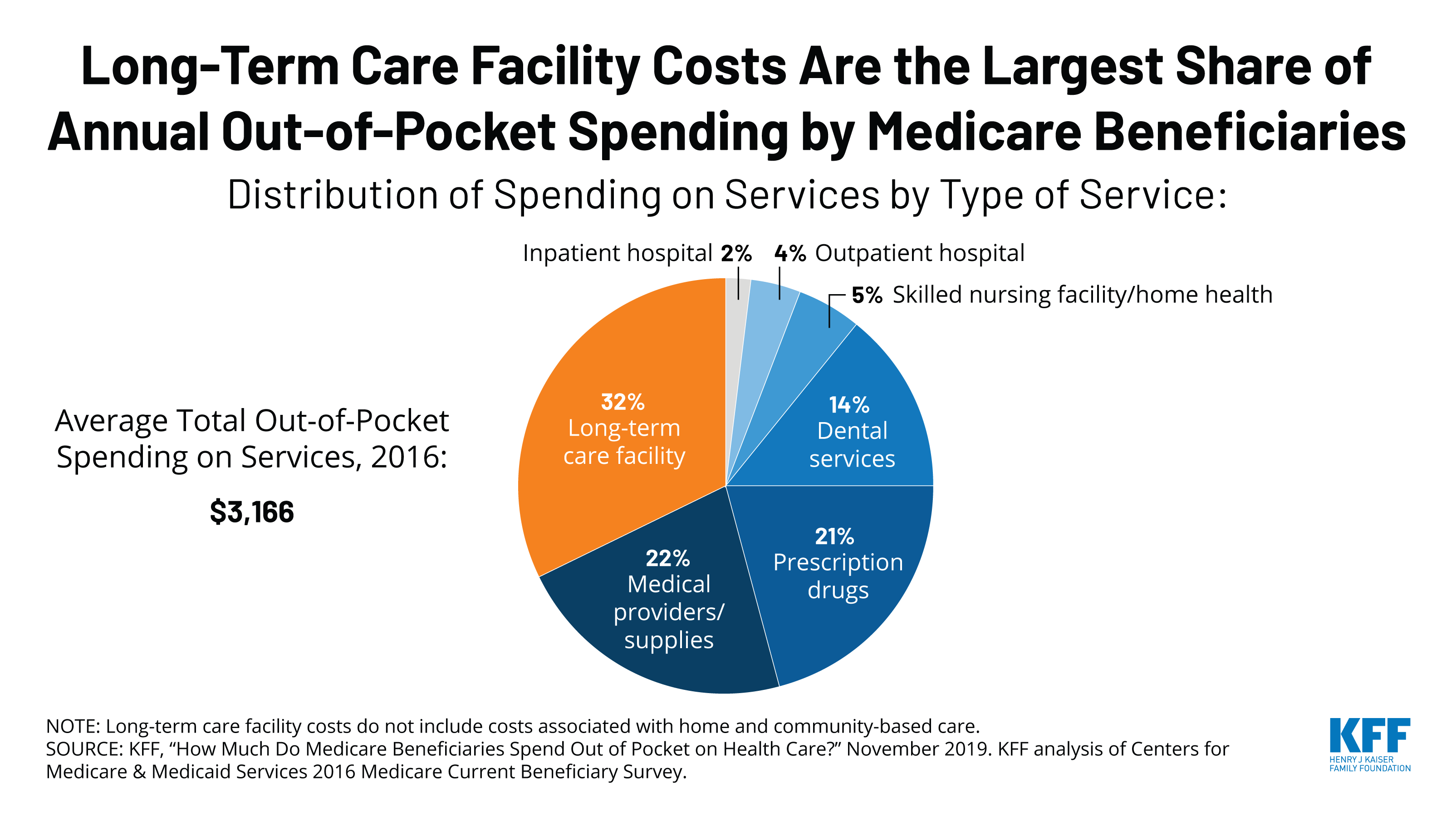

The health insurer advised the total benefit payable between Medicare and the insurer would be $500 towards the doctor’s fee - leaving out of pocket costs of $700.Īlthough Rebecca had an out of pocket expense she had to pay, Rebecca was able to make an informed decision about whether to go ahead with the surgery. Rebecca contacted her health insurer to confirm her hospital cover and the benefit amount she could claim towards the doctor’s fee. Prior to her admission, Rebecca’s treating doctor quoted a fee of $1,200. Rebecca* had a planned surgery to have her adenoids removed as a private patient. Out-of-pocket medical costs and Informed Financial Consent (IFC) Once you have your MBS item numbers, you should then check with your health insurer to find out exactly how much is covered on your hospital policy for that procedure. For more information, see the Ombudsman's factsheet on Informed Financial Consent.

Estimates should preferably be provided in writing.

You should also ask the doctor if there will be other doctors or health care providers involved in your care (for example, anaesthetist or an assistant surgeon) and how you can get an estimate of their fees. *identifying details have been changed for privacy reasonsīefore you go to hospital, you should ask your doctor for the MBS item numbers for the services they will perform and an estimate of your out of pocket costs. This left a $300 'gap' for Kumar to pay out of his own pocket to the doctor. A further $175 (25 per cent of $700) was paid by Kumar’s private health insurer. The MBS fee for the service was $700, of which $525 (75 per cent of $700) was paid by Medicare. His doctor charged $1,000 for their service. Kumar* was admitted to hospital as a private patient. Before you receive your treatment you are entitled to ask your doctor or health care provider, your health insurer and your hospital about any costs you may have to pay out of your own pocket, commonly known as a ‘gap’ payment. In Australia, doctors and health care providers decide how much to charge for their services. You may also incur out of pocket costs for hospital fees and prostheses.īefore you go to hospital, whenever practicable, you should ask the hospital, your doctors and your health insurer to find out exactly what is covered on your policy and what you will need to pay for yourself. In most cases, these out of pocket costs relate to medical fees charged by your treating doctors and health care providers. When being admitted to hospital as a private patient, you may have to contribute toward the cost of your treatment.


 0 kommentar(er)
0 kommentar(er)
